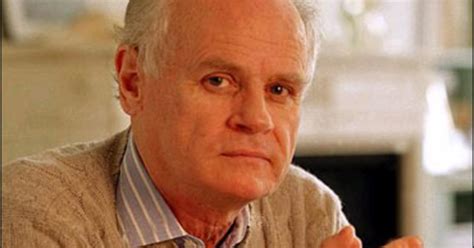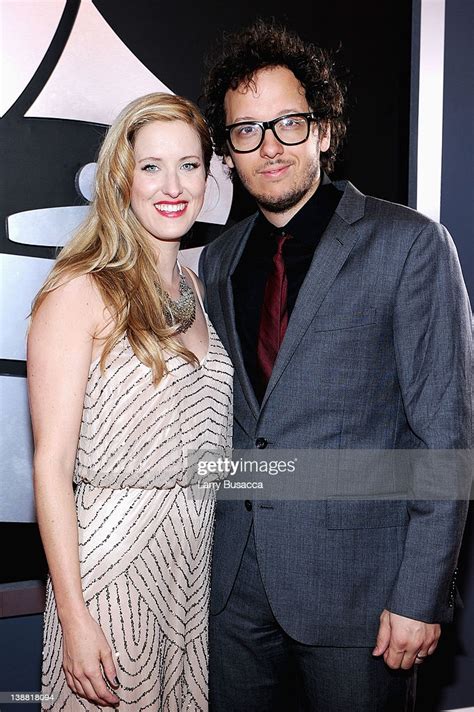A Quote by John Gregory Dunne
I am willing to believe, but I do not have the gift of faith. I'm skeptical.
Related Quotes
Over the last few decades, I've grown more skeptical about a few things in which I used to have more faith. I believe as much in the necessity of, and the possibility of, revolution as I ever did. At the same time, I've grown more skeptical about poetry's role in it or art's contribution to it, and I've grown more skeptical about the university. Universities are big companies, and they're disciplinary in the way that any big institution is. I've found that the political militancy that the professoriate has mostly been fairly repressive of what I take to be necessary politics.
People think of faith as being something that you don't really believe, a device in helping you believe simply it. Of course that is quite wrong. As Pascal says, faith is a gift of God. It is different from the proof of it. It is the kind of faith God himself places in the heart, of which the proof is often the instrument... He says of it, too, that it is the heart which is aware of God, and not reason. That is what faith is: God perceived by the heart, not be reason.
Faith in Jesus Christ and a testimony of Him and His universal Atonement is not just a doctrine with great theological value. Such faith is a universal gift, glorious for all cultural regions of this earth, irrespective of language, race, color, nationality, or socioeconomic circumstance. The powers of reason may be used to try to understand this gift, but those who feel its effects most deeply are those who are willing to accept its blessings, which come from a pure and clean life of following the path of true repentance and living the commandments of God.
There are only two things one has to bear in mind. One has to be credulous - able to believe - and skeptical - able to not believe, because if you are not skeptical, you will believe rubbish. If you are not credulous you will learn nothing and the only way to balance those two is to recognize the mystery of things.
This kind of passionate faith can be painful. Not caring is easy. Caring hurts. Caring costs you something. But without this sort of faith, you will never create to your fullest potential. Faith is a gift. Like I've said, felt belief is not necessarily something that you choose to have or not to have. But it is a gift that you can open yourself to receive.
Where we get into problems, typically, is when our personal religious faith, or the community of faith that we participate in, tips into a sort of fundamentalist extremism, in which it's not enough for us to believe what we believe, but we start feeling obligated to, you know, hit you over the head because you don't believe the same thing. Or to treat you as somebody who's less than I am.
Sometimes we want things we were not meant to have. Because he loves us, the Father says no. Faith trusts that no. Faith is willing not to have what God is not willing to give. Furthermore, faith does not insist upon an explanation. It is enough to know His promises to give what is good-he knows so much more about us than we do.
I'm very proud of my faith. So, it's not so much (being embarrassed by it). It's just it is really personal. It's not one of those things I'm willing to compromise. I don't have to bounce it off other people. I'm not willing to take judgment on what I believe - and I would hate to not live up to it. That's just not fair.






































